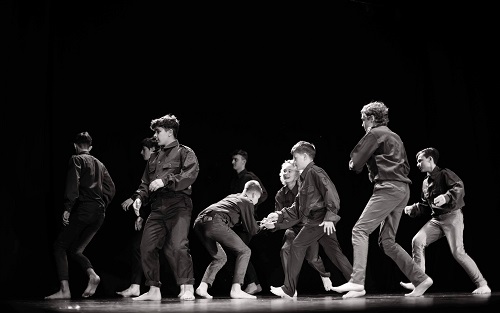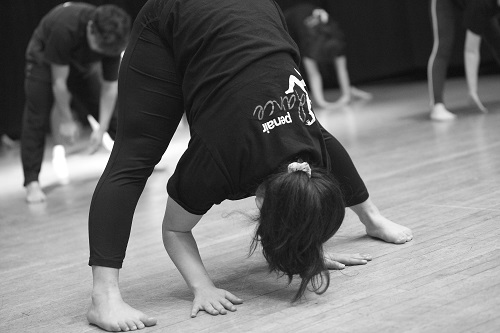Drama and Dance
Learning Journey Click here
95% of Penair students achieved Grade 4 or above in Drama and Dance subjects (3 Year Average 2019, 2022 & 2023) compared to a national average of 80%
Implementation: At key stage three, students partake in a one lesson per week. They are expected to wear all black kit; a t-shirt/top, leggings, jogging bottoms or shorts. During their lessons, they will work from a range of themes and stimuli exploring different styles and genres through both Drama and Dance. Students will study Indian, Contemporary, Jazz, and Urban styles. As well as, naturalistic, non-naturalistic, melodramatic genres including movement, mime, script and poetry.
Key Stage four Drama- Students undergo three units consisting of both practical and theory work. They gain knowledge and understanding of professional theatre, study a set text, perform a set text and create their own devised work.
Key Stage Four Dance- Students undergo three units consisting of both practical and theory work. They will learn repertoire from professional works and analyse the work of others. Additionally, they will develop of both practical and interpretive skills as well as creating their own group pieces at the end of Year 11.
Impact: Over time, students will build their knowledge and understanding of skills, conventions and techniques. Their teacher will guide them through their learning thus enabling them to build their own confidence in abilities. Students will become practiced in the following:
- Observational and analytical skills when studying professional works and the work of others.
- Skills of research and investigation.
- The ability to communicate with others.
- To develop the spoken word .i.e. clarity in voice and projection.
- To develop movement and the study of body language.
- The ability to self-reflect and evaluate own work the work of others.
- To work creatively and challenge abilities both independently and in groups.
Each year students build on previous experimentation and practice. They may use the same skills but will develop them to a more detailed, refined, and technical level. By the end of GCSE, students should have a toolkit of transferable skills, applicable for both further studies and in the workplace.
Useful websites:
https://qualifications.pearson.com

